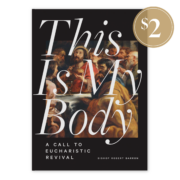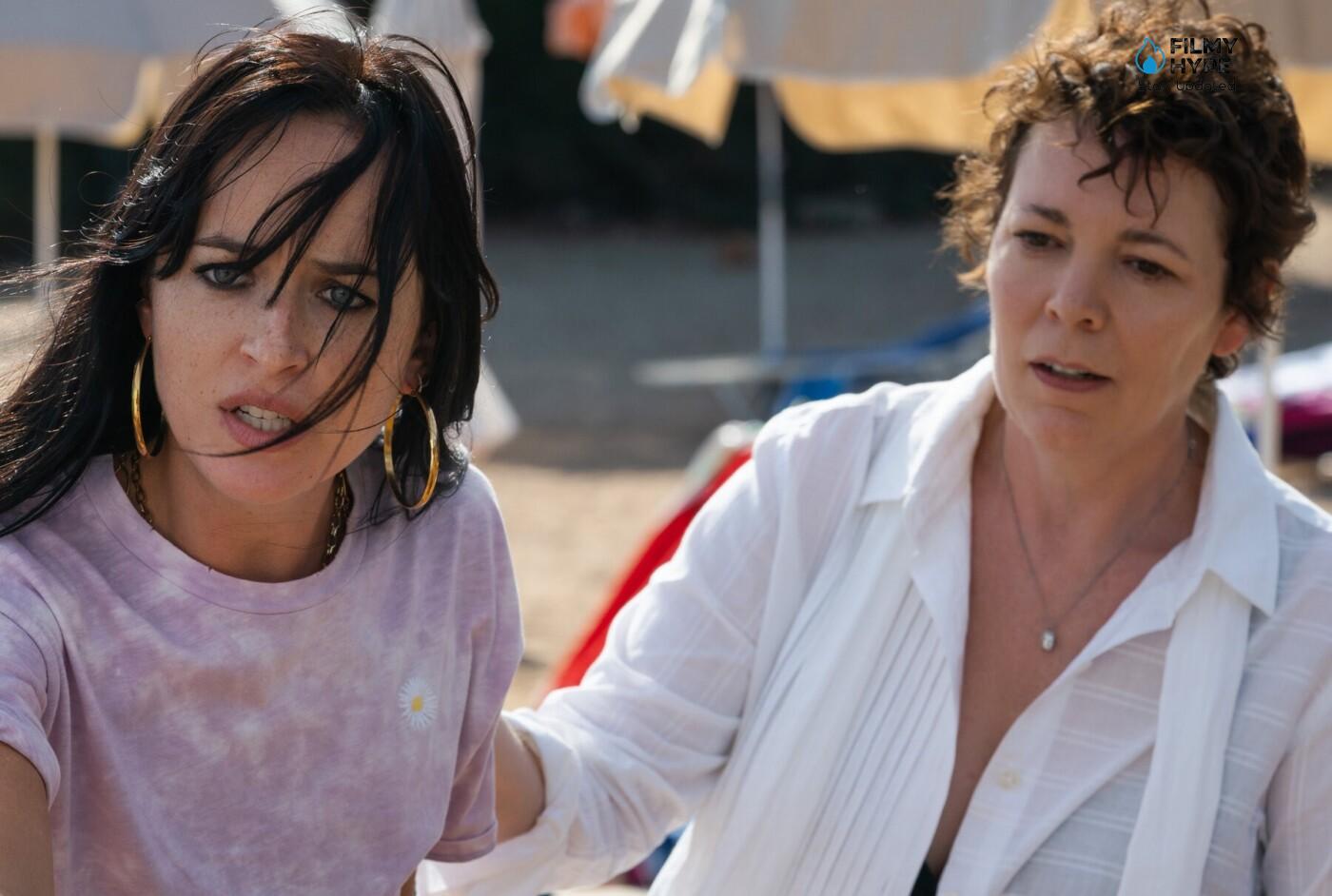Actress Maggie Gyllenhaal’s directorial debut “The Lost Daughter,” is based on a book by Elena Ferrante, and it’s sparked plenty of conversation about modern motherhood. In this psychological drama, the incredible Olivia Coleman plays a professor named Leda, who is on holiday in Greece. As she becomes entangled in the life of a young mother and her daughter, she reminisces on her own experience of motherhood. At first, it’s unclear what the pain of her past entailed—was one of her daughters lost in a tragic accident? Is she mourning the death of a child? We finally discover that Leda abandoned her two young daughters to pursue her academic career unencumbered by the demands of motherhood until returning home three years later. Even in her middle age, she is tormented by this.
When reflecting on Leda’s struggles to pursue her passions while parenting small children, conversation on the film has centered around how unfulfilling, limiting, and frustrating motherhood often feels. The film is hailed as offering an honest look at a vocation that’s often romanticized. But a deeper look at the story reveals something else: the brokenness in a society that isolates mothers and the dissatisfying choices that pit women against their own children.
The more we learn to imitate God’s generous self-gift, the closer we get to becoming the people we are designed to be.
“Children are a crushing responsibility,” Leda tells a young mother she meets at the beach. There is no denying this. I feel the weight of my responsibility to my four children daily. Motherhood is not for the faint of heart. And yet, Leda mistakenly believes that she must choose only one identity: mother or scholar. When she makes her choice, she discovers that the freedom of her release from the shackles of motherhood fails to deliver the satisfaction she desires. Such a break is both impossible and unfulfilling—Leda cannot stop desiring a relationship with her daughters. Despite herself, she misses them. Like it or not, as human beings, we have responsibilities to each other and we cannot break the bonds of family life without incredible pain. What I think the film rightly highlights is that we have responsibilities to mothers as well—responsibilities that are often ignored.

Motherhood by nature requires constant self-giving. In this generous outpouring of self, however, we do not lose ourselves, but paradoxically find ourselves. Self-gift is at the heart of the Christian life. The more we learn to imitate God’s generous self-gift, the closer we get to becoming the people we are designed to be. What motherhood requires of women is good for our souls—and yet, we are also in need of the generosity of others. What makes motherhood in our culture so difficult is not merely the demands of our children but the isolation and lack of support that mothers face. Young moms are often left to deal with postpartum depression, sleep deprivation, and other challenges without the support system that other generations leaned on through extended family and tight-knit communities. A contraceptive culture says, “You decided to be a parent, deal with it all yourself.” Piled onto this broken framework are the paralyzingly unreasonable expectations of motherhood that are, lately, exacerbated by social media. Things are not easy for young mothers in the 21st century. It is no wonder that some women feel “crushed” when they are asked to give without limit and, often, not cared for in return—to the detriment of their mental health and happiness.
Motherhood and the intellectual life should not be competing identities, as they were for Leda, but different facets of a whole human person. It is not too much to believe that mothers can parent and also pursue other passions but the nurturing self-gift of others for mothers is necessary for this to be a reality. I have in mind the example of author Madeleine L’Engle, who saw her writing life and her motherhood as two sides of the same coin: her vocation to be a co-creator with God. L’Engle’s writing life was supported by her husband, who also participated in the important work of parenting and maintaining a home. Without this support, she may have felt like Leda—faced with a choice between two identities.
What The Lost Daughter shows us is that pitting women against their children is never the answer. Everybody will lose. We are created for relationship and for the expansive spiritual, emotional, and intellectual growth that comes from self-giving. Abandoning her responsibilities does not lead to the self-actualization that Leda thought she could grasp; she only suffers more. The “lost daughter” of the title might be Leda herself, who has wrongly believed the lie that she cannot give of herself generously and still experience joy as well. But perhaps she is right that she cannot do it all alone.

Fulfillment is not found in choosing between competing identities but in embracing the messy path of being a whole human person in relationship with others who need us and who we need. Pouring ourselves out with love for others and offering the talents God has given us to the world—this generosity is where we find freedom. It is not merely what ties us down; it’s what grounds us. And it simultaneously lifts us up.
Still, every parent needs help from others to carry the crushing responsibility of parenthood, otherwise, we might become as lost and regretful as Leda, too.
